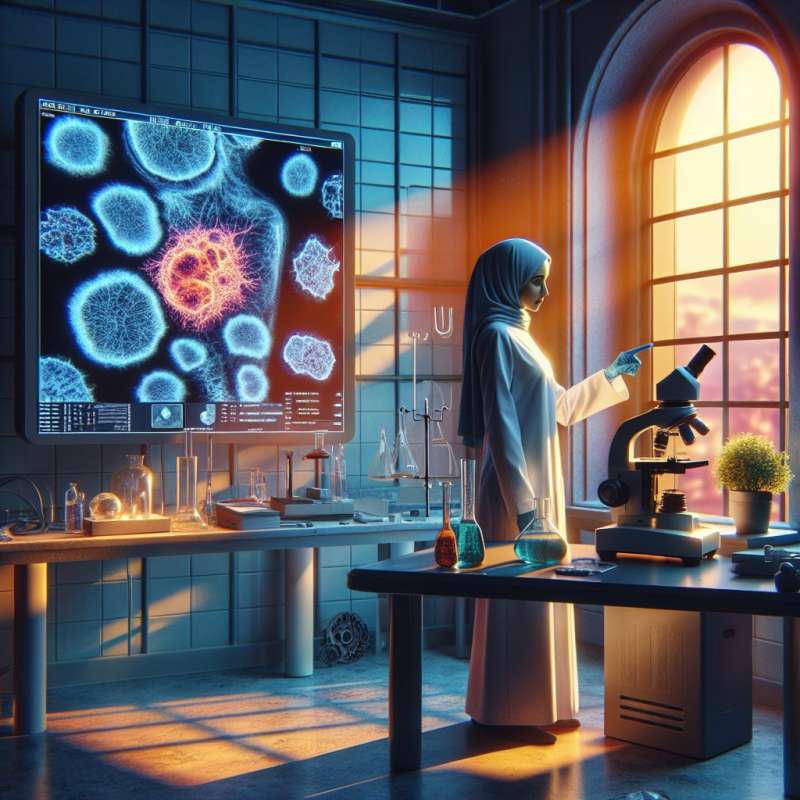
Defining Cancer
Cancer encompasses a wide array of diseases characterized by abnormal cell growth with the potential to invade or spread to other body parts. These rogue cells can form tumors, which are clusters of uncontrolled growth.
Cancer's Genetic Origins
Cancer is fundamentally genetic. It arises from mutations that confer growth advantage to cells. Surprisingly, only 5-10% of cancers are hereditary; the rest result from lifestyle, environmental factors, and random cell replication errors.
Metastasis: Cancer's Spread
Metastasis is the process by which cancer spreads from the original site to different areas. This complex process involves cancer cells breaking away, traveling through blood or lymph systems, and forming new tumors elsewhere.
Cancer and Telomeres
Telomeres protect chromosome ends from deterioration. In most cells, they shorten over time, leading to aging. Cancer cells, however, often activate an enzyme called telomerase, allowing them to maintain telomere length and thus an immortal state.
Immune System vs. Cancer
The immune system can fight cancer, but cancer cells have evolved mechanisms to evade it. For instance, they can express proteins that turn off immune cells. New therapies aim to reactivate the immune response against these cells.
Warburg Effect
Cancer cells metabolize glucose differently than normal cells, preferring fermentation even in oxygen presence—a phenomenon known as the Warburg effect. This metabolic quirk is exploited in PET scans to detect cancerous growths.
Cancer Treatment Evolution
Cancer treatments have evolved from surgery and radiation to targeted therapies and immunotherapies. These newer treatments aim to specifically attack cancer cells while minimizing damage to normal cells, improving survival rates and quality of life.
What characterizes cancer diseases?
Abnormal cell growth, potential to spread
Viral infections causing cell growth
Bacteria-induced chronic inflammation
Company